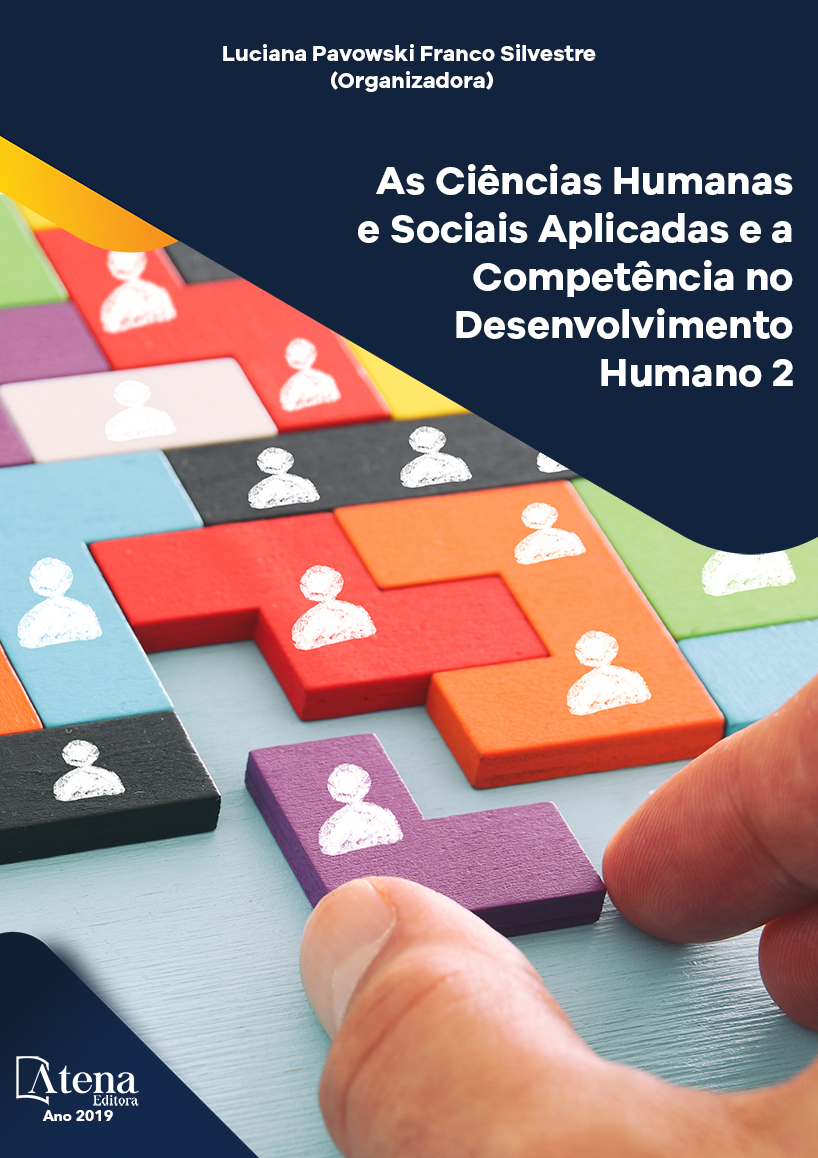
ANTROPOLOGIA E DIREITOS HUMANOS: ALTERIDADE NO RECONHECIMENTO DE DIREITOS PARA POVOS INDÍGENAS
A garantia de direitos humanos a
todos os indivíduos caminha junto com a ideia de
igualdade moral e vida digna, para que não haja
distinções arbitrárias entre pessoas ou grupos.
No entanto, diferenças como gênero, idade,
renda e costumes podem alterar o significado
de dignidade humana, o que se revela um
desafio no momento de implementar políticas
públicas para promover direitos humanos. Para
lançar outra luz sobre esta questão, o trabalho
analisou a importância da Antropologia do
Desenvolvimento neste desafio, com fulcro, em
especial, na crítica à noção de desenvolvimento
sustentável unilinear, útil para demonstrar a
limitação de se pensar em direitos humanos
universais. O objetivo foi examinar o debate
que permeia a compreensão universalista
de direitos humanos e desenvolvimento
diante da pluralidade de concepções do
conceito de vida digna, a partir de situações
concretas encontradas na Amazônia. Utilizouse
de abordagem qualitativa, que adotou
como procedimento metodológico pesquisa
bibliográfica, documental e descritiva. Ao final,
constata-se a pertinência da postdevelopment
theory, que entende o desenvolvimento como
um processo multilinear e pode-se confirmar a
importância da alteridade e do reconhecimento
da diferença para mediar o diálogo em situações
de conflito entre o viver amazônico e a garantia
da qualidade de vida.
ANTROPOLOGIA E DIREITOS HUMANOS: ALTERIDADE NO RECONHECIMENTO DE DIREITOS PARA POVOS INDÍGENAS
-
DOI: 10.22533/at.ed.15019060719
-
Palavras-chave: Antropologia do Desenvolvimento; Direitos Humanos; Amazônia; Povos Indígenas.
-
Keywords: Development Anthropology; Human rights; Amazon; Indigenous People.
-
Abstract:
The guarantee of human rights to
all individuals goes hand in hand with the idea
of moral equality and dignified life, so that there
are no arbitrary distinctions between individuals
or groups. However, differences such as gender,
age, income and customs can change the
meaning of human dignity, which is a challenge
when implementing public policies to promote
human rights. In order to shed some light on
this issue, the paper analyzed the importance
of Development Anthropology in this challenge,
with a special focus on the critique of the
concept of unilinear sustainable development,
useful for demonstrating the limitation of thinking about universal human rights. The
objective was to examine the debate that permeates the universalist understanding
of human rights and development in the face of the plurality of conceptions of the
concept of dignified life, based on concrete situations found in the Amazon. We used
a qualitative approach, which adopted methodological procedures as bibliographic,
documentary and descriptive research. In the end, the relevance of post-development
theory, which understands development as a multilinear process, can be confirmed and
the importance of alterity and recognition of difference can be confirmed to mediate the
dialogue in situations of conflict between Amazonian living and the guarantee of quality
of life.
-
Número de páginas: 15
- Gabriel Moraes de Outeiro
- Durbens Martins Nascimento


